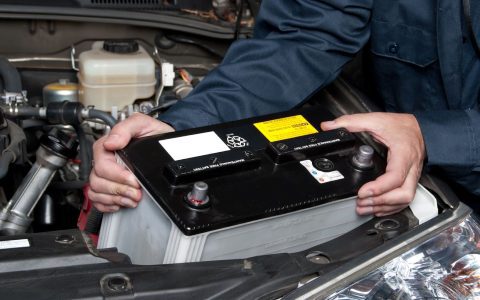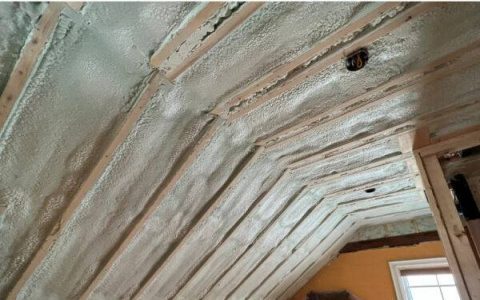The cost of an electrical inspection can vary significantly based on several factors. Understanding these can help you budget accordingly and ensure electrical safety.
Factors Influencing Electrical Inspection Costs
- Property Size and Age: Larger and older properties generally involve more extensive inspections, leading to higher costs. Older systems may have outdated components requiring more detailed scrutiny.
- Scope of Inspection: A basic visual check-up will be less expensive than a comprehensive inspection that includes thermal imaging, load calculations, or testing of all outlets and circuits.
- Geographic Location: Labor rates and operational costs for inspectors differ by region, impacting the final price.
- Inspector's Qualifications: Highly experienced and certified inspectors may charge more due to their expertise and the thoroughness of their service.
- Accessibility: If electrical panels, wiring, or components are difficult to access, the inspection may take longer and cost more.
- Type of Property: Residential inspections typically cost less than commercial or industrial property inspections, which are often more complex.
- Reason for Inspection: A pre-purchase inspection might be more detailed (and thus costlier) than a routine safety check.
Estimated Cost Range
For a standard residential electrical inspection, costs typically range from $150 to $500. This is a general estimate, and specific circumstances can alter the price.
- Basic Inspections: For smaller homes or more limited scopes, costs might be in the $125 - $250 range.
- Comprehensive Inspections: Including advanced diagnostics like thermal imaging, for larger or older homes, can range from $300 to $600 or more.
- Commercial Properties: Costs start higher, often from $400, and can increase significantly depending on the facility's size and electrical system complexity.
It is always advisable to obtain quotes from several qualified and licensed electricians or certified electrical inspectors in your area to get an accurate estimate tailored to your specific property and needs.

What Does an Electrical Inspection Typically Include?
A thorough electrical inspection generally assesses the safety and condition of the electrical system, including:
- Electrical Panel: Condition, proper sizing, correct breaker usage, signs of overheating.
- Wiring: Type (e.g., copper, aluminum, knob & tube), condition, and any visible damage or improper installations.
- Grounding and Bonding: Verification of proper system and service grounding.
- Safety Devices: Testing of Ground Fault Circuit Interrupters (GFCIs) and Arc Fault Circuit Interrupters (AFCIs).
- Outlets and Switches: Checking for correct wiring, functionality, and any signs of damage or overheating.
- Fixtures: Examination of lighting fixtures and ceiling fans for secure mounting and proper wiring.
- Smoke and Carbon Monoxide Detectors: Verification of presence and, in some cases, power source.
- Overall Safety Assessment: Identification of any immediate electrical hazards or areas not up to current safety standards (though not strictly a code compliance inspection, safety often aligns with code).
When is an Electrical Inspection Necessary?
Consider scheduling an electrical inspection in the following situations:
- Purchasing a Property: Especially for older homes, to identify potential issues before closing.
- Selling a Property: A pre-listing inspection can identify and allow for correction of issues, making the property more attractive.
- Major Renovations: After significant electrical work or additions to ensure everything is safe and correctly installed.
- Age of Property: If your home is over 25-40 years old and the electrical system has not been recently evaluated.
- Experiencing Electrical Issues: Such as frequently tripping breakers, flickering lights, burning smells, or mild shocks.
- Insurance Requirements: Some insurance providers may require an inspection, particularly for older homes or to qualify for certain coverage.
- Post-Disaster: After events like flooding or fire that may have compromised the electrical system.
Investing in a professional electrical inspection is a proactive measure to ensure safety, prevent potential hazards, and protect your property.










